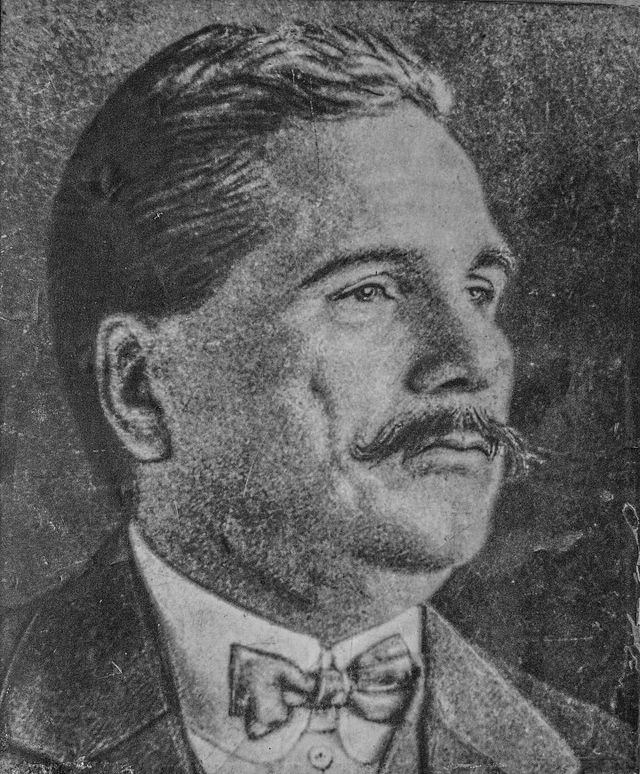Top Qs
Timeline
Chat
Perspective
The Secrets of Selflessness
Book by Muhammah Iqbal From Wikipedia, the free encyclopedia
Remove ads
Rumuz-e-Bekhudi (Persian: رموز بیخودی; or The Secrets of Selflessness; published in Persian, 1918) was the second philosophical poetry book of Allama Iqbal, a poet-philosopher of the Indian subcontinent. This is a sequel to his first book Asrar-e-Khudi اسرارِ خودی (The Secrets of the Self).

Introduction
Summarize
Perspective
Also in Persian and published in 1918, this group of poems has as its main themes the ideal community, Islamic ethical and social principles, and the relationship between the individual and society. Although he is true throughout to Islam, Iqbal recognizes also the positive analogous aspects of other religions. The Rumuz-i-Bekhudi (Secrets of Selflessness) complements the emphasis on the self in the Asrar-i-Khudi and the two collections are often put in the same volume under the title Asrar-o-Rumuz. A.J. Arberry's famous English translation of the Rumuz first appeared in 1953. Rumuz-i-Bekhudi is addressed to the world's Muslims. Iqbal sees the individual and his community as reflections of each other. The individual needs to be strengthened before he can be integrated into the community, whose development in turn depends on the preservation of the communal ego. It is through contact with others that an ego learns to accept the limitations of its own freedom and the meaning of love. Muslim communities must ensure order in life and must therefore preserve their communal tradition. It is in this context that Iqbal sees the vital role of women, who as mothers are directly responsible for inculcating values in their children.[1]
Remove ads
Topics
Summarize
Perspective
|
|
Remove ads
Notes
See also
External links
Wikiwand - on
Seamless Wikipedia browsing. On steroids.
Remove ads
